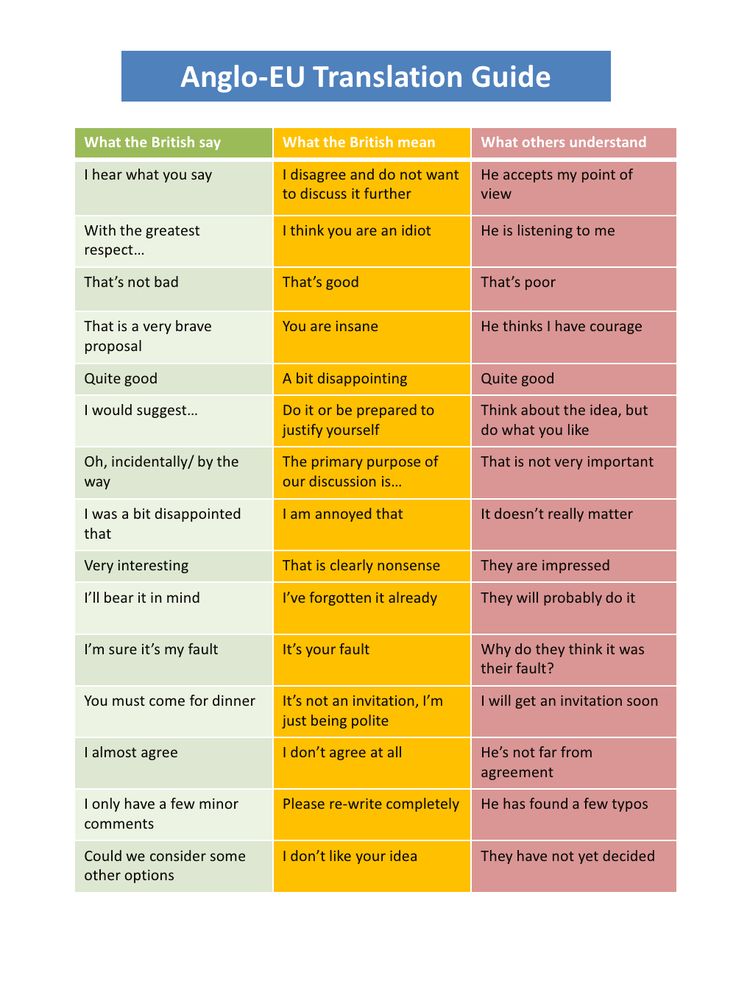What is existential depression
What it is, symptoms, and how to cope
A person with existential depression may experience an ongoing feeling of hopelessness and a struggle to find meaning in life. These symptoms can disrupt a person’s life and leave them feeling isolated.
People with existential depression might be unable to stop ruminating over unanswerable questions, leaving them in a constant state of despair.
Experts have largely associated this type of depression with “gifted” people. However, although researchers have investigated existential depression, it is not a formally recognized diagnosis in the Diagnostic and Statistical Manual of Mental Disorders, 5th edition. Instead, a doctor may diagnose a person experiencing these symptoms with major depressive disorder (MDD).
This article looks at existential depression in more detail, including how it can affect gifted individuals, how it compares with existential dread, and how to cope.
A person with existential depression may feel depressed for many reasons, and their symptoms can be similar to those of other types of depression. However, as existential depression is not a clinically recognized diagnosis, a doctor would likely diagnose the person with MDD.
All types of depression have triggers that further examination can uncover. Existential depression may develop when a person frequently contemplates life and reflects on things that produce a profound sense of hopelessness or unhappiness.
When a person considers questions about life and existence that have no answers — such as what the meaning of life is, why people suffer, or what happens after death — they may have difficulty finding the meaning. Searching for reason in injustice, pain, and unhappiness, where none is forthcoming, can lead to an existential crisis.
Existential questions focus on four main topics:
- Death: The individual might consider death’s inevitability and what comes after death.
- Meaninglessness: A person may wonder what the point of life is.
- Isolation: Feelings of isolation may result from a lack of connection with others and the breakdown of important relationships.

- Freedom: The person may ponder the overwhelming multitude of choices and consequences in life.
Existential depression may also include a person focusing on questions such as “why me?” They may question their very existence after experiencing a trauma, a serious illness, or other life altering events.
If a person does not manage to accept, in time, that some of these questions are unanswerable, they may be left with an ongoing sense of despair. An inability to stop ruminating on the same questions can result in a person experiencing ongoing existential depression.
Existential depression may involve something that psychologist Kazimierz Dabrowski termed a disintegration of the self. This can happen after:
- losing touch with life goals and values that were previously important
- feeling guilt and a fixation on past choices and mistakes
- feeling detachment and helplessness
- losing interest in previously enjoyed activities
- detaching from loved ones and experiencing the breakdown of relationships
- losing one’s sense of self
Studies have also found that intellectually gifted adults may experience a lack of fulfillment and worse mental well-being. As a result, they may be more likely to experience existential depression.
As a result, they may be more likely to experience existential depression.
Research suggests that depressive disorders, and mental health conditions in general, may be more prevalent among gifted children. These are students who achieve higher academic marks than their peers.
In the 1970s, Dabrowski developed a complex theory of personality development called positive disintegration. According to this theory, some people can handle and reflect on traumatic events better than others. He suggests that these people are able to progress and grow through five levels of personality development, ultimately reaching a new authentic identity and sense of self.
Dabrowski proposes that people who can meaningfully turn difficult experiences into betterment possess overexcitability, meaning that they are gifted in some way. These people may have an exceptionally powerful imagination or intellect and have a heightened response to the senses. They may also be more empathetic and emotional than other people, as well as more energetic.
According to the theory of positive disintegration, as well as other research, a person should not characterize existential depression only by its negative consequences. Existential depression may help a person understand their values and identity.
Existential dread and existential depression are closely linked. However, although most people will experience existential dread at some point in their life, not all people experience existential depression.
Existential dread
Existential dread is not uncommon. It is likely that most people, at some point, become overwhelmed by the mysteries of life. It is not unusual to become distressed by the unanswerable nature of questions such as, “what is the point of life?,” and “why do bad things happen?”
Many people will face challenges in life that force them to question themselves and their beliefs. The death of a loved one, the diagnosis of an illness, the breakdown of a relationship, or any other kind of trauma may make a person question the foundations of their life.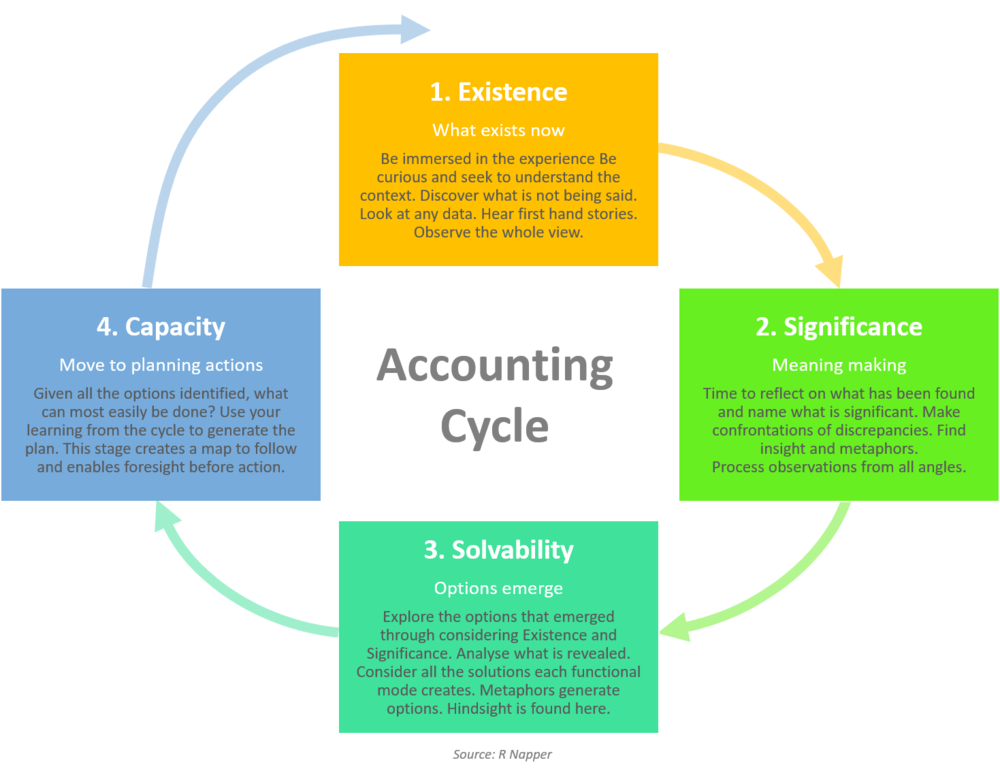
However, existential dread usually passes with time, and people can generally manage it with introspection and support from others.
Existential depression
Unlike existential dread, existential depression causes ongoing symptoms that affect a person’s quality of life.
However, it may develop from existential dread. Repeatedly cycling through unknowable existential questions may lead to depressive symptoms, such as:
- hopelessness
- despair
- difficulty maintaining relationships
- loss of meaning
- loss of happiness
- thoughts of suicide and death
- loss of motivation
- dissatisfaction with life
- loss of identity
Coping strategies may help a person break the cycle of existential dread and depression.
Mindfulness
Research suggests that practicing mindfulness can help a person minimize their ruminating thoughts and worries. These are significant factors in existential depression.
Create meaning
As research indicates that a lack of meaning may lead to depressive symptoms, a person may be able to identify and create meaning intentionally.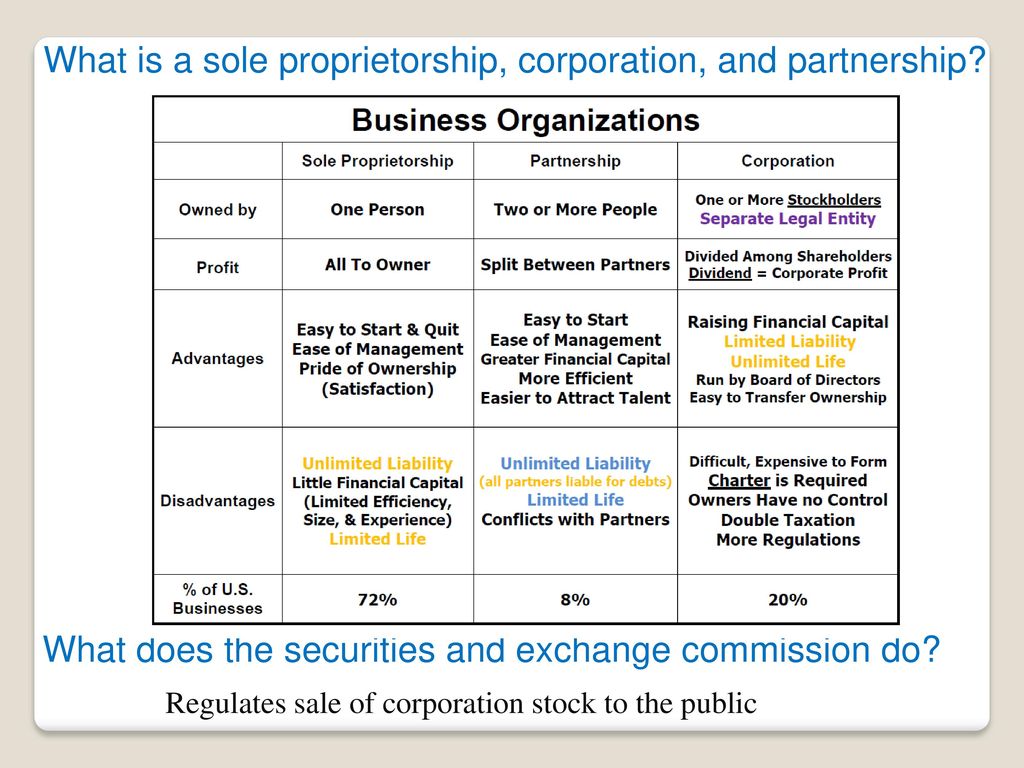 They can do this by focusing on the people and situations closest to them. Making decisions that affect their smaller reality can help them regain a sense of meaning and purpose.
They can do this by focusing on the people and situations closest to them. Making decisions that affect their smaller reality can help them regain a sense of meaning and purpose.
Use uncertainty to grow
As the theory of positive disintegration suggests, existential depression can be useful in helping a person grow and progress to a new, more authentic self. Approaching difficult situations with questions can help a person reframe existential depression.
Seek professional help
A person may find it helpful to contact a mental health professional.
Some therapists have undergone formal training in existential therapy. This type of therapy does not focus on solving issues, as existential issues are fundamentally unsolvable. Instead, it emphasizes the importance of processing thoughts and experiences to reduce fear of the unknown.
More traditional forms of therapy, such as cognitive behavioral therapy (CBT), may also intersect with existential therapy. Research shows that CBT can be useful in treating existential concerns.
Research shows that CBT can be useful in treating existential concerns.
A person may develop existential depression if they are unable to stop ruminating on unanswerable existential questions. The individual may feel hopeless and fear that there is no meaning or purpose to life.
A person may be able to cope with existential depression by using mindfulness techniques, creating their own meaning in life, and seeking professional help.
What it is, symptoms, and how to cope
A person with existential depression may experience an ongoing feeling of hopelessness and a struggle to find meaning in life. These symptoms can disrupt a person’s life and leave them feeling isolated.
People with existential depression might be unable to stop ruminating over unanswerable questions, leaving them in a constant state of despair.
Experts have largely associated this type of depression with “gifted” people. However, although researchers have investigated existential depression, it is not a formally recognized diagnosis in the Diagnostic and Statistical Manual of Mental Disorders, 5th edition.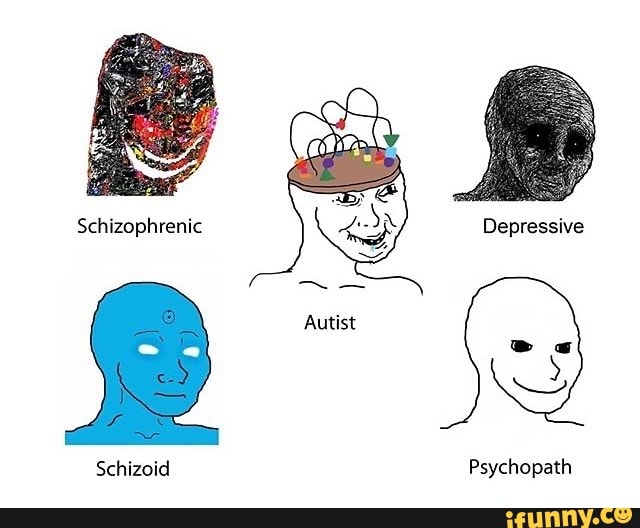 Instead, a doctor may diagnose a person experiencing these symptoms with major depressive disorder (MDD).
Instead, a doctor may diagnose a person experiencing these symptoms with major depressive disorder (MDD).
This article looks at existential depression in more detail, including how it can affect gifted individuals, how it compares with existential dread, and how to cope.
A person with existential depression may feel depressed for many reasons, and their symptoms can be similar to those of other types of depression. However, as existential depression is not a clinically recognized diagnosis, a doctor would likely diagnose the person with MDD.
All types of depression have triggers that further examination can uncover. Existential depression may develop when a person frequently contemplates life and reflects on things that produce a profound sense of hopelessness or unhappiness.
When a person considers questions about life and existence that have no answers — such as what the meaning of life is, why people suffer, or what happens after death — they may have difficulty finding the meaning.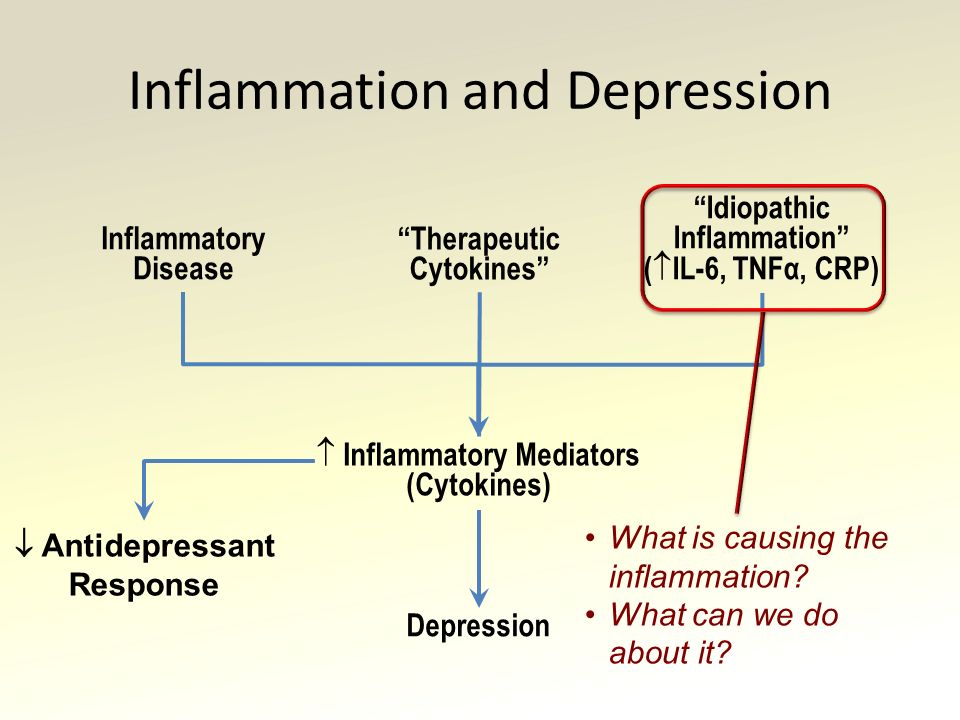 Searching for reason in injustice, pain, and unhappiness, where none is forthcoming, can lead to an existential crisis.
Searching for reason in injustice, pain, and unhappiness, where none is forthcoming, can lead to an existential crisis.
Existential questions focus on four main topics:
- Death: The individual might consider death’s inevitability and what comes after death.
- Meaninglessness: A person may wonder what the point of life is.
- Isolation: Feelings of isolation may result from a lack of connection with others and the breakdown of important relationships.
- Freedom: The person may ponder the overwhelming multitude of choices and consequences in life.
Existential depression may also include a person focusing on questions such as “why me?” They may question their very existence after experiencing a trauma, a serious illness, or other life altering events.
If a person does not manage to accept, in time, that some of these questions are unanswerable, they may be left with an ongoing sense of despair.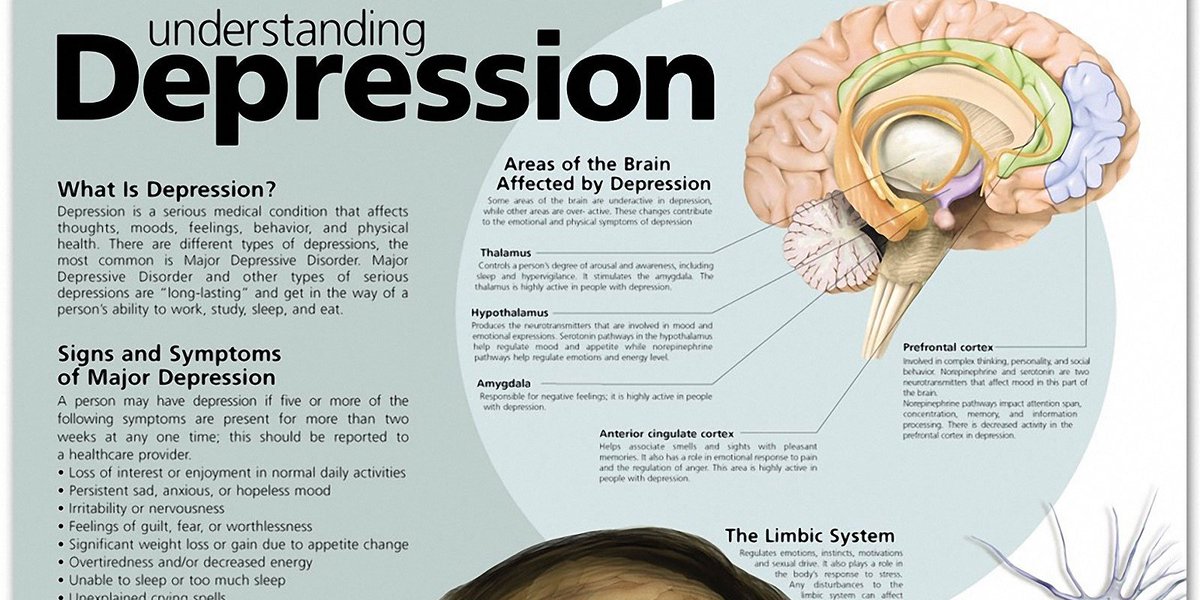 An inability to stop ruminating on the same questions can result in a person experiencing ongoing existential depression.
An inability to stop ruminating on the same questions can result in a person experiencing ongoing existential depression.
Existential depression may involve something that psychologist Kazimierz Dabrowski termed a disintegration of the self. This can happen after:
- losing touch with life goals and values that were previously important
- feeling guilt and a fixation on past choices and mistakes
- feeling detachment and helplessness
- losing interest in previously enjoyed activities
- detaching from loved ones and experiencing the breakdown of relationships
- losing one’s sense of self
Studies have also found that intellectually gifted adults may experience a lack of fulfillment and worse mental well-being. As a result, they may be more likely to experience existential depression.
Research suggests that depressive disorders, and mental health conditions in general, may be more prevalent among gifted children. These are students who achieve higher academic marks than their peers.
In the 1970s, Dabrowski developed a complex theory of personality development called positive disintegration. According to this theory, some people can handle and reflect on traumatic events better than others. He suggests that these people are able to progress and grow through five levels of personality development, ultimately reaching a new authentic identity and sense of self.
Dabrowski proposes that people who can meaningfully turn difficult experiences into betterment possess overexcitability, meaning that they are gifted in some way. These people may have an exceptionally powerful imagination or intellect and have a heightened response to the senses. They may also be more empathetic and emotional than other people, as well as more energetic.
According to the theory of positive disintegration, as well as other research, a person should not characterize existential depression only by its negative consequences. Existential depression may help a person understand their values and identity.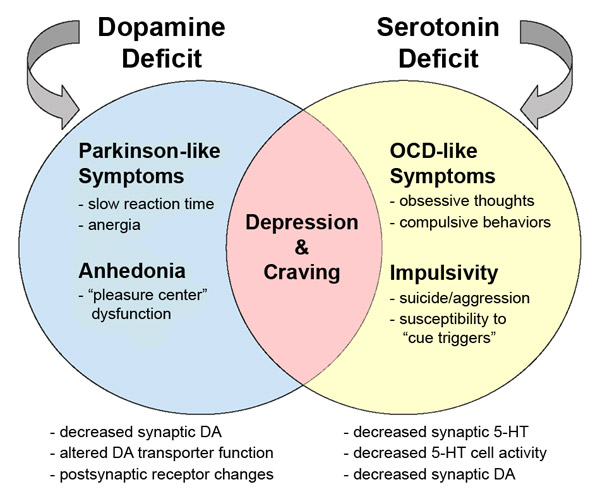
Existential dread and existential depression are closely linked. However, although most people will experience existential dread at some point in their life, not all people experience existential depression.
Existential dread
Existential dread is not uncommon. It is likely that most people, at some point, become overwhelmed by the mysteries of life. It is not unusual to become distressed by the unanswerable nature of questions such as, “what is the point of life?,” and “why do bad things happen?”
Many people will face challenges in life that force them to question themselves and their beliefs. The death of a loved one, the diagnosis of an illness, the breakdown of a relationship, or any other kind of trauma may make a person question the foundations of their life.
However, existential dread usually passes with time, and people can generally manage it with introspection and support from others.
Existential depression
Unlike existential dread, existential depression causes ongoing symptoms that affect a person’s quality of life.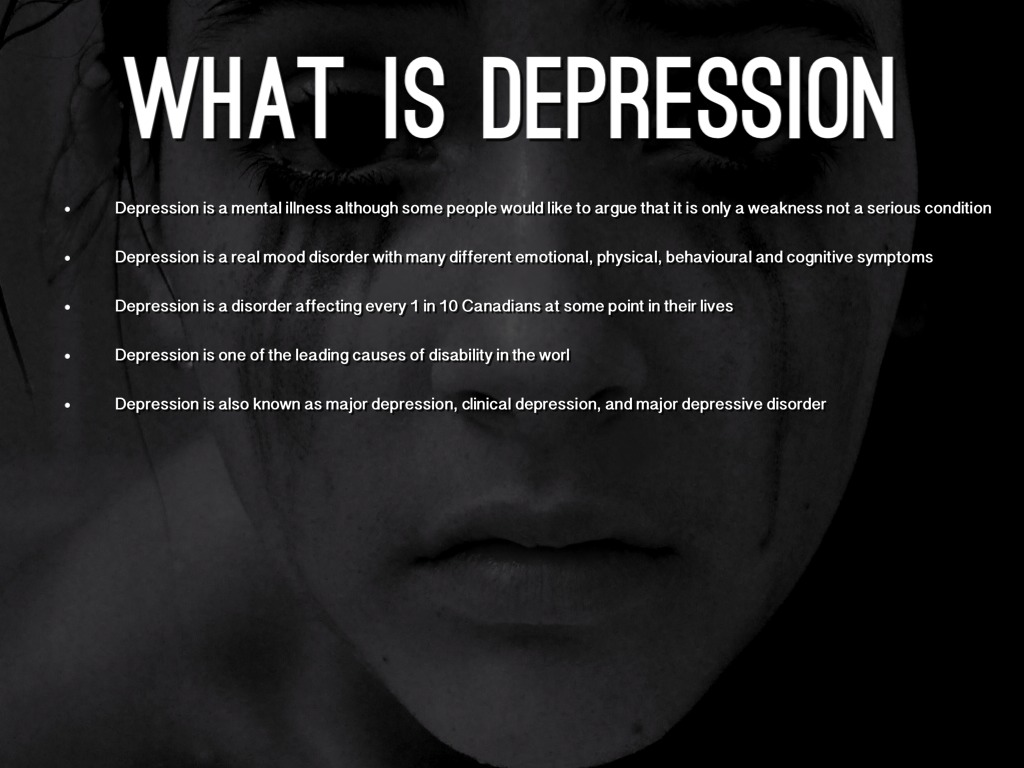
However, it may develop from existential dread. Repeatedly cycling through unknowable existential questions may lead to depressive symptoms, such as:
- hopelessness
- despair
- difficulty maintaining relationships
- loss of meaning
- loss of happiness
- thoughts of suicide and death
- loss of motivation
- dissatisfaction with life
- loss of identity
Coping strategies may help a person break the cycle of existential dread and depression.
Mindfulness
Research suggests that practicing mindfulness can help a person minimize their ruminating thoughts and worries. These are significant factors in existential depression.
Create meaning
As research indicates that a lack of meaning may lead to depressive symptoms, a person may be able to identify and create meaning intentionally. They can do this by focusing on the people and situations closest to them. Making decisions that affect their smaller reality can help them regain a sense of meaning and purpose.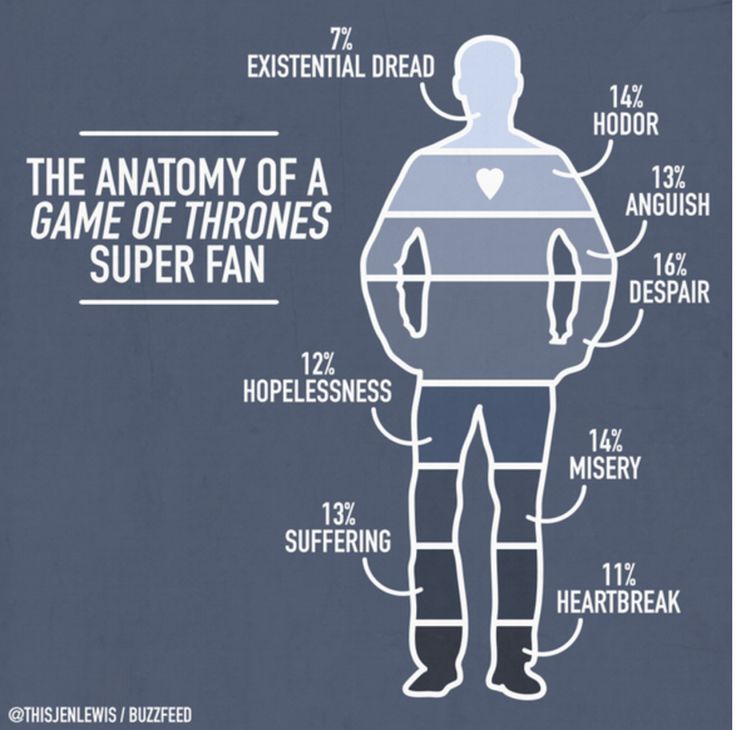
Use uncertainty to grow
As the theory of positive disintegration suggests, existential depression can be useful in helping a person grow and progress to a new, more authentic self. Approaching difficult situations with questions can help a person reframe existential depression.
Seek professional help
A person may find it helpful to contact a mental health professional.
Some therapists have undergone formal training in existential therapy. This type of therapy does not focus on solving issues, as existential issues are fundamentally unsolvable. Instead, it emphasizes the importance of processing thoughts and experiences to reduce fear of the unknown.
More traditional forms of therapy, such as cognitive behavioral therapy (CBT), may also intersect with existential therapy. Research shows that CBT can be useful in treating existential concerns.
A person may develop existential depression if they are unable to stop ruminating on unanswerable existential questions. The individual may feel hopeless and fear that there is no meaning or purpose to life.
The individual may feel hopeless and fear that there is no meaning or purpose to life.
A person may be able to cope with existential depression by using mindfulness techniques, creating their own meaning in life, and seeking professional help.
Existential depression what you need to know
A person with existential depression experiences a constant sense of hopelessness and a struggle to find meaning in life. The symptoms disrupt the person's life and the person feels isolated. People with existential depression constantly ruminate over questions that have no answers, which causes them to feel desperate.
Experts associate this type of depression with "gifted" people. Although scientists study existential depression, it is not an officially recognized diagnosis. Instead, a doctor may diagnose a person experiencing these symptoms as having major depressive disorder .
What is existential depression
A person with existential depression may feel depressed for many reasons, and their symptoms may be similar to those of other types of depression.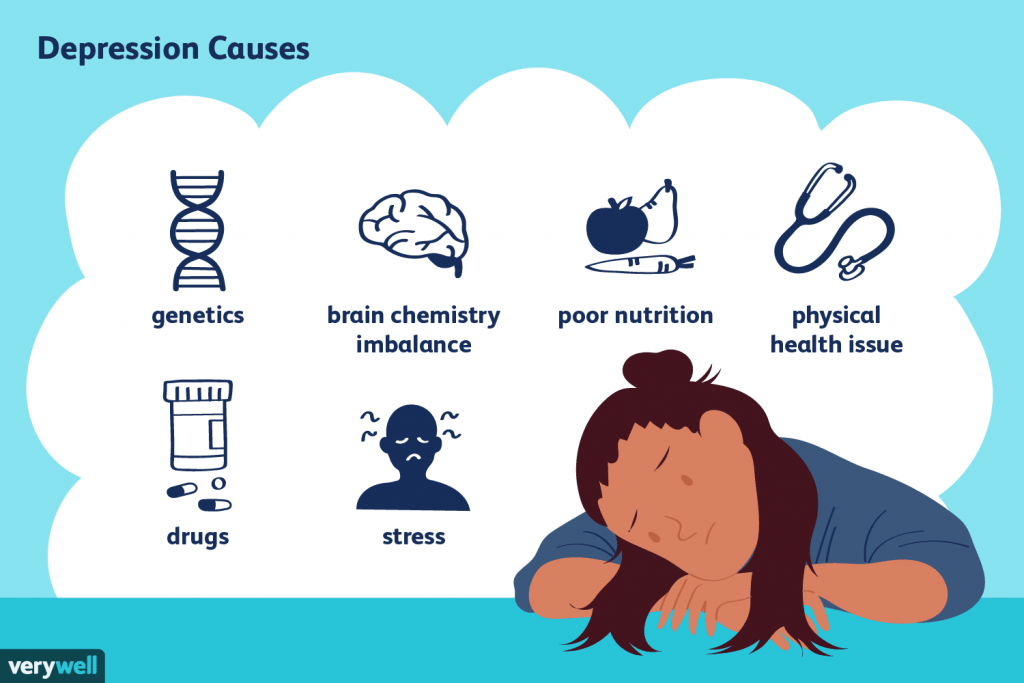 Because existential depression is not a clinically recognized diagnosis, a doctor is likely to diagnose a patient with major depressive disorder.
Because existential depression is not a clinically recognized diagnosis, a doctor is likely to diagnose a patient with major depressive disorder.
All types of depression have triggers that further testing may reveal. Existential depression can develop when a person frequently thinks about life and things that cause feelings of hopelessness or unhappiness. When a person considers questions about life and existence that have no answers—for example, what is the meaning of life, why do people suffer, or what happens after death—they may have difficulty finding meaning. Finding the cause in injustice, pain and unhappiness when they are not there can lead to an existential crisis. Existential Questions focuses on four main themes:
- Death : The person may think about the inevitability of death and what comes after death.
- Meaninglessness : One may wonder what is the meaning of life.
- Isolation : Feelings of isolation can be the result of not connecting with other people and breaking up important relationships.

- Freedom : A person can consider an overwhelming number of options and consequences in life.
Existential depression may also include the person focusing on questions such as "why me?" They may question their very existence after suffering an injury, a serious illness, or other life-changing events. If a person does not manage to accept in time the fact that some of these questions are not answered, he may have a constant feeling of despair. The inability to stop ruminating over the same questions can lead to a person experiencing constant existential depression. Existential depression may include what psychologist Kazimierz Dabrowski has called personality disintegration.
This can happen after the following moments, such as:
- loss of connection with life goals and values that were previously important
- guilt and fixation on past decisions and mistakes
- feelings of detachment and helplessness pleasurable activities
- separation from loved ones and the experience of breaking up relationships
- loss of self-esteem
Existential depression in gifted people
Research has also shown that intellectually gifted people may experience a lack of self-fulfillment and deterioration in mental well-being.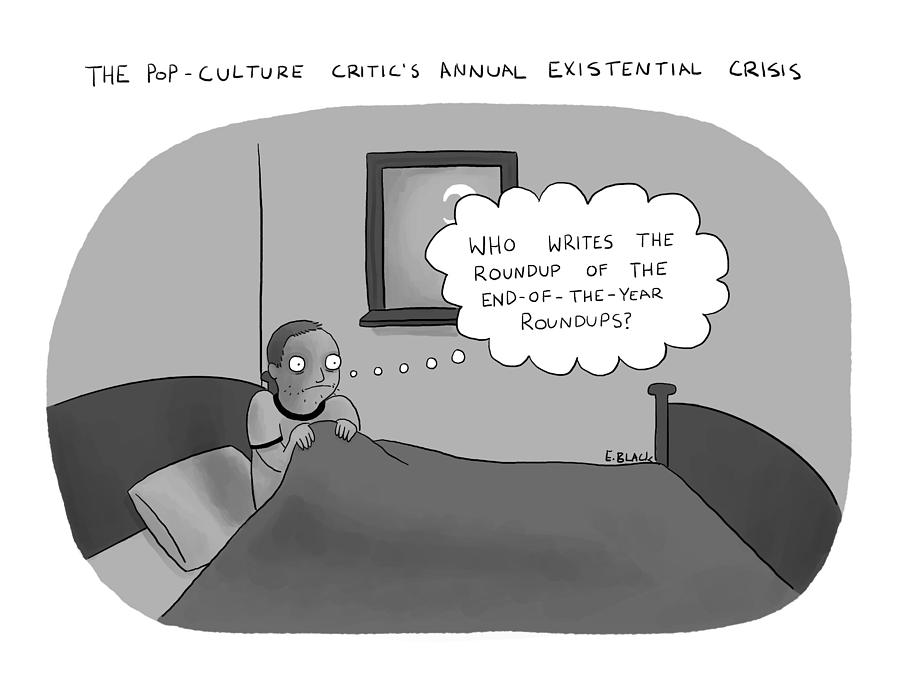 As a result, they are more likely to experience existential depression. Depressive disorders and psychiatric disorders in general can be common among gifted children. These are people who get higher academic grades than their peers.
As a result, they are more likely to experience existential depression. Depressive disorders and psychiatric disorders in general can be common among gifted children. These are people who get higher academic grades than their peers.
In the 1970s, Dabrowski developed a complex theory of personality development called positive disintegration. According to this theory, some people can deal with and reflect on traumatic events better than others. He suggests that these people are able to progress and grow through the five levels of personality development, ultimately achieving a new authentic identity and sense of self.
Dabrowski suggests that people who can make meaningful improvements to difficult experiences are highly excitable, which means they are gifted in some way. These people may have an exceptionally powerful imagination or intellect and have a heightened reaction to feelings. They can also be more empathetic and emotional than other people, as well as more energetic. According to the theory of positive disintegration, as well as other studies, a person should not characterize existential depression only by its negative consequences. Existential depression can help a person understand their values and identity.
According to the theory of positive disintegration, as well as other studies, a person should not characterize existential depression only by its negative consequences. Existential depression can help a person understand their values and identity.
Existential fear or existential depression
Existential fear and existential depression are closely related. Although most people experience existential fear at some point in their lives, not all people experience existential depression.
Existential fear
Existential fear is not unusual. It is likely that most people at some point become overwhelmed by the mysteries of life. It is not uncommon to feel distressed by the inevitability of questions such as "What is the meaning of life?" and “why do bad things happen?” Many people will face difficulties in life that will make them doubt themselves and their beliefs. The death of a loved one, the diagnosis of an illness, the breakup of a relationship, or any other trauma can cause a person to question the foundations of their life.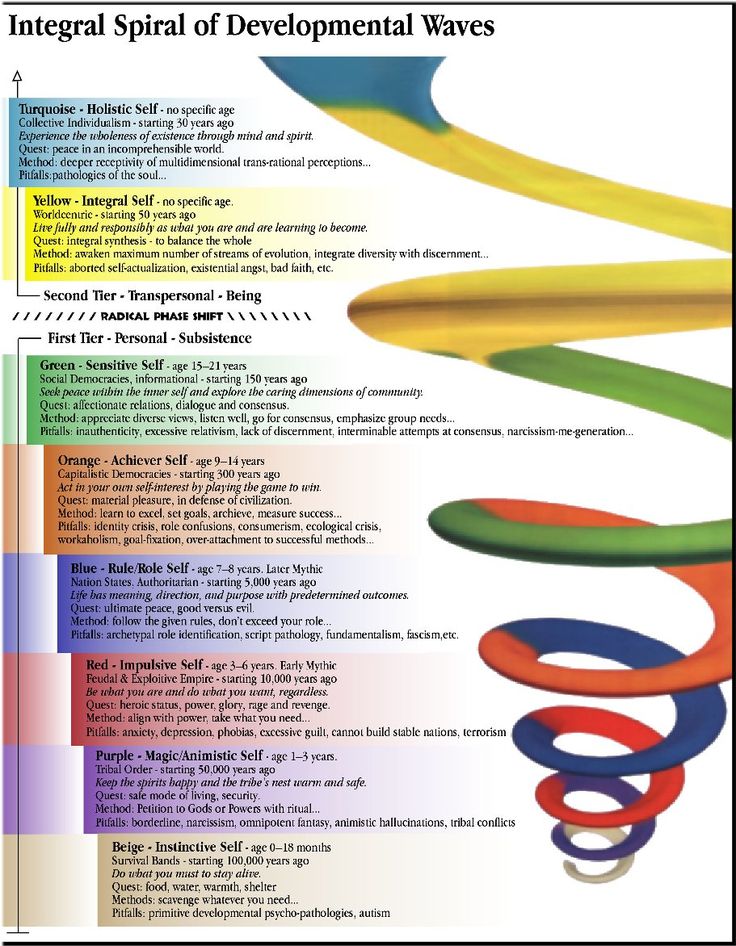 However, existential fear usually goes away with time, and people can deal with it with introspection and support from other people.
However, existential fear usually goes away with time, and people can deal with it with introspection and support from other people.
Existential depression
Unlike existential fear, existential depression is manifested by constant questions that affect the quality of a person's life. However, it can develop out of existential fear. Repeated repetition of unknowable existential questions can lead to depressive symptoms such as:
- hopelessness
- despair
- difficulty maintaining relationships
- loss of meaning
- loss of happiness
- thoughts of suicide and death
- loss of motivation
- dissatisfaction with life
- loss of identity
Mindfulness
Research suggests that practicing mindfulness can help a person minimize their ruminative thoughts and worries. These are important factors in existential depression.
Create meaning
Because research indicates that a lack of meaning can lead to depressive symptoms, a person is able to identify and create meaning intentionally.
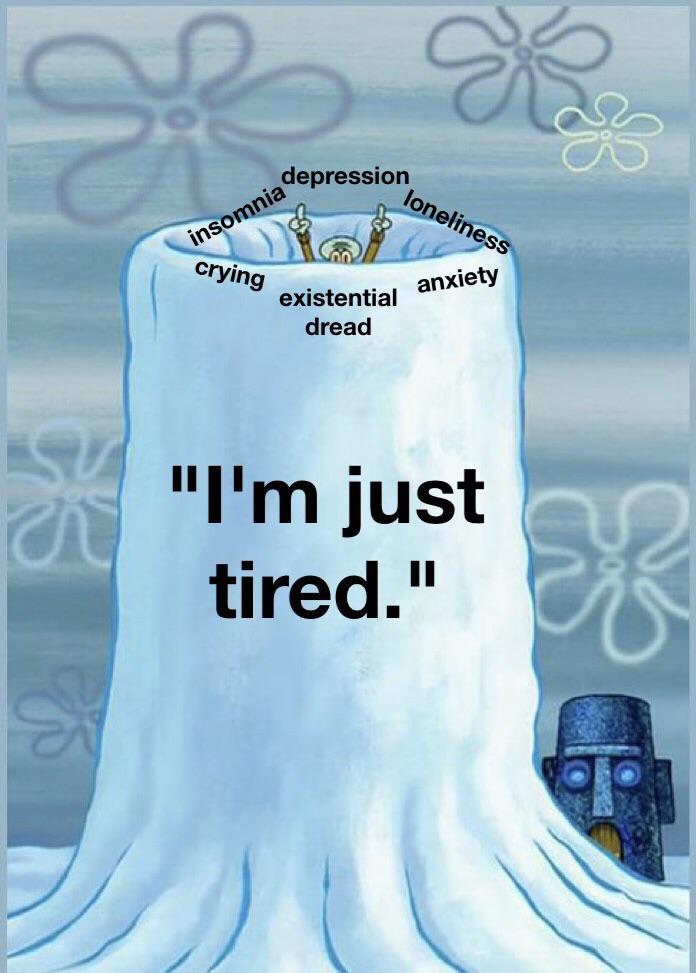 They can do this by focusing on the people and situations closest to them. Making decisions that affect their lesser reality can help them regain a sense of meaning and purpose.
They can do this by focusing on the people and situations closest to them. Making decisions that affect their lesser reality can help them regain a sense of meaning and purpose. Use uncertainty to grow
As the theory of positive disintegration suggests, existential depression can be helpful in helping a person grow and move towards a new, more authentic self. Approaching difficult situations with questions can help a person rethink existential depression.
Seek professional help
A person may benefit from seeing a mental health professional. Some therapists have been trained in existential therapy. This type of therapy does not focus on problem solving, as existential problems are fundamentally unsolvable. Instead, he emphasizes the importance of processing thoughts and experiences in order to reduce fear of the unknown. Traditional forms of therapy such as cognitive behavioral therapy may also overlap with existential therapy. Research suggests that cognitive behavioral therapy may be helpful in treating existential problems.

Conclusion
A person may develop existential depression if he constantly broods over insoluble existential questions. The person may feel hopeless and fear that life has no meaning or purpose. He can deal with existential depression using mindfulness techniques, creating his own meaning in life, and seeking professional help.
Doctor of ultrasound diagnostics JSC "SZTsDM" (St. Petersburg)
Founder of the online publication Medical Insider , editor-in-chief and article writer.
EXISTENTIAL DEPRESSION
Posted from admin 0 Comment(s) 7996 View(s) ARTICLES TENET , GOOD TO KNOW AND ANSWERS TO QUESTION
Depression is an extremely large, complex, insidious and difficult health problem. To stop this development, we must first find out why depression exists. Having found the answer to this question, it is likely that one day you will be able to completely get rid of it.

Part of my job is to help a person who is depressed so that he can find the light again. My job is to find out why people are depressed, what makes it worse, and what can be done to start healing. Over the years, I have come to realize that there are many different types of depression. One example is existential depression - at least that's how I described it myself.
Depression can be caused by hormonal problems, trauma, toxic beliefs, people who make the problem worse, or bad eating habits, for example, or it can be seasonal depression. Its initiators are different. One of the types of depression that I am discussing with you today is existential depression, or depression caused by a lack of understanding of the meaning of one's life and existence.
The main symptoms of existential depression:
Misunderstanding of the meaning of life.
Lack of understanding of what to do in this life and who to be.
Doubts about her profession, not understanding her talent.

The feeling that only others understand why they exist and what they were created for.
The feeling that others like what they do.
Doubting oneself.
The feeling that you have not been given any powers and that you are not special.
All other symptoms are similar to other types of depression. For example, fatigue, mood swings, weakness, apathy and, for example, loss of sexuality. Depression is an insidious disease that will allow you to breathe freely one day and turn your day around the next day. Only when you wake up in the morning do you realize what day is ahead of you today. It's hard and you need to help yourself 24/7 and not hope for better days.
Existential depression can be helped primarily through spiritual means. This means that conventional treatments may not work. That's why I bring this question up here to help you if you have one. In my session room, I run into people with this problem all the time that I help out there, but I really want my helping hand to go further.
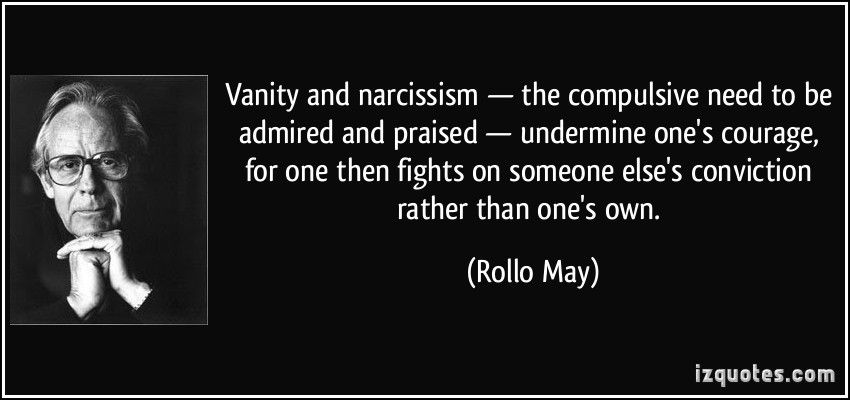 One way to understand who you are and what your purpose is is to join my personal session where I can help you better understand your life's challenges.
One way to understand who you are and what your purpose is is to join my personal session where I can help you better understand your life's challenges. People who are naturally excellent analysts are very sensitive to existential depression, they are used to delving into various topics, and their thinking is broad and deep. This is because these people are used to thinking about everything, going deep and creating discussions on their own. They are simply more sensitive to the issue and may become depressed due to stress or other reasons.
This kind of depression is accompanied by a vicious circle in which thoughts are constantly spinning in your head: why is life the way it is? What will happen to me after death? What happens if I don't make it to the end? The feeling that time is slipping out of my hands and I myself do nothing for it. Feeling numb and asking why can't I express love and be happy? This man has constant questions.
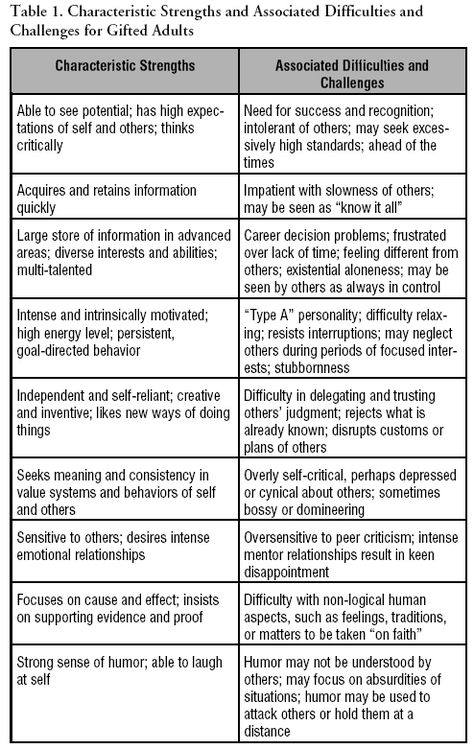
Existential depression makes you feel like no one understands you and no one can give you support or help. Sometimes you even feel that everything in this life is meaningless, and at the same time, on the contrary, you feel that you want to enjoy life, and you have a crazy dream to feel better. These feelings go by turns.
Existential depression cannot be treated by conventional means because it is not a physical depression. This is a spiritual depression and therefore it is necessary to use spiritual methods of healing.
This type of depression can be treated with Ayurveda, crystals, meditation and explanation of the purpose of life through a clairvoyant. All these points must be observed in order to achieve a good result.
Ayurveda
- Rhodiola and Bacopa Monnieri promote your mental health so that you can heal yourself without getting nervous. Rhodiola helps bring more good days, giving you a chance to get well.
 Bacopa Monnieri promotes analysis that leads not to sadness, but to solutions. Both are Ayurvedic antidepressants and improve brain function.
Bacopa Monnieri promotes analysis that leads not to sadness, but to solutions. Both are Ayurvedic antidepressants and improve brain function. Crystals - There are certain crystals that support your Aura field in case of existential depression and help you find meaning in your life. Wearing them will help you come to the conclusions and truth you need. Fuchsite and Que Sera are two crystals that help you understand the meaning of your life. Also, Opal which may open your eyes to this. Wear them until you get out of depression.
Meditation is designed to calm yourself and restore spiritual energies. Use incense in meditation to help you heal. For example, here is a very useful incense from stress relief , namaste , reiki and devotion . Meditate for at least five minutes at least once a day.
Getting an answer from a clairvoyant.







